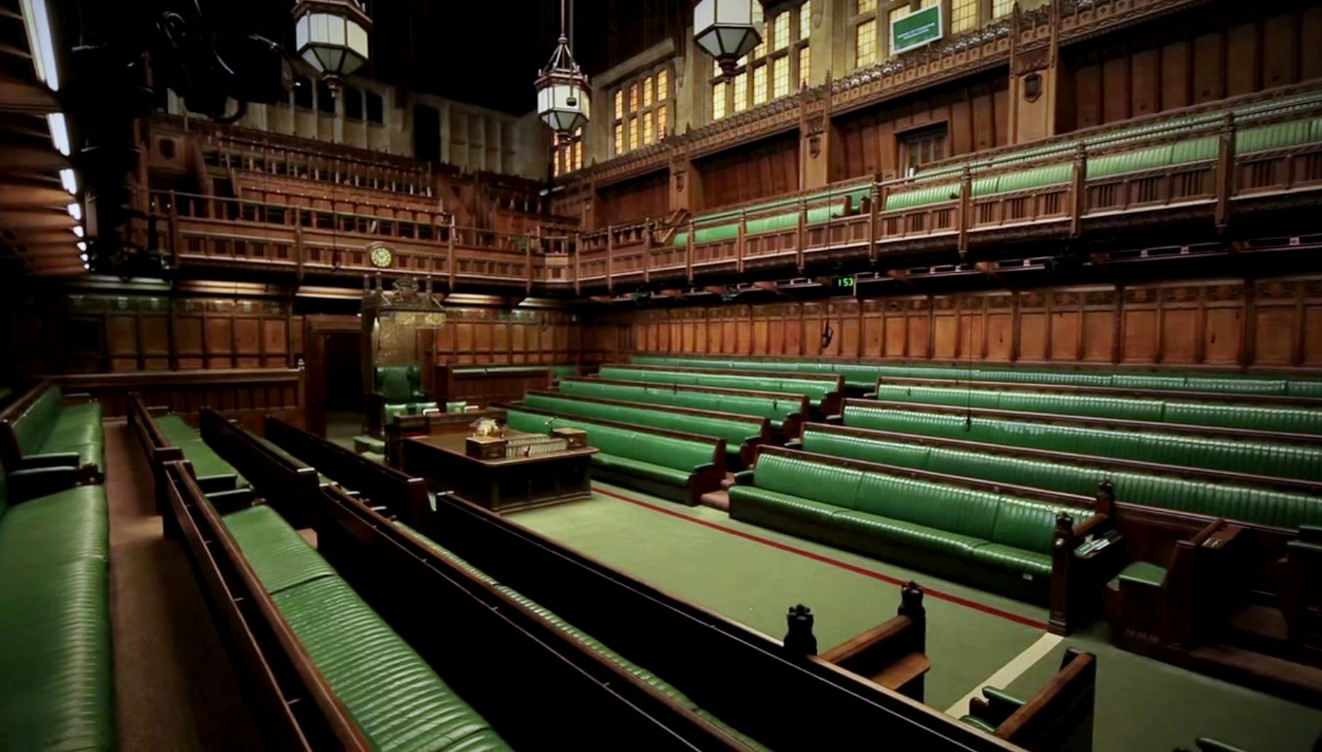

It’s fairly easy to point one’s fingers at the government when crises emerge one after another. After all, it is their responsibility to look after their citizens.
In the UK’s case, however, where members of Parliament seek to represent the public, air out their concerns, and decide what’s best for the country, it presents a far more complex situation, and pinpointing fingers becomes relatively harder.
Who’s to blame here? The prime minister, the party it belongs to, or the rebel party within?
This point aside, the UK parliament has survived different challenges in the past and continues to stand the test of time.
But it cannot be denied that over the years, cracks and malfunctions have been observed from time to time (like that time in 2014 when research found that the parliament lacked ethnic diversity or that time in 2019 when it was contested that the MPs did not represent the youth and the less educated), which causes people to think each time it happens: Is Parliament still effective?
Here, we will try to assess a few contemporary problems that prevent it from working effectively.
Misplaced priorities of Members of Parliament
The Guardian‘s Martin Kettle recently published an article addressing the shortcomings of the parliamentary system, with the first item on the list being the MPs’ misplaced priorities.
Kettle noted the lack of participation of the majority of the MPs in Tuesday’s debate regarding the Post Office (Horizon System) Compensation Bill. He observed that out of 650 MPs, only 17 debated it. He argued that MPs ought to devote more of their time to governance rather than working in their constituencies.
Prime Minister’s competency
Another thing that was noted was Rishi Sunak’s lack of competency, as evidenced by his end-of-year session in which he failed to enlighten the citizens with any further details about the big issues—Gaza, Rwanda, and the economy. “You learn almost nothing at all,” Kettle wrote.
Again, the MPs were noted to have lacked participation and the backbone to challenge Sunak.
Illicit conducts
The final item on the list is how specific MPs became embroiled in a scandal as a result of their illegal behaviors, which range from bullying and sexual misbehavior to corruption and violating lockdown protocols, and how this led to a significant loss of public confidence.
Lack of vision
Adding to this list is their particular lack of vision on issues that predominantly need their attention. For example, the doctors’ pay strike. This issue has been floating above the nation for a while now, but up to this day, there has been no significant move from the government to ease their worries regarding their pay.
As a result, the strikes have not been stopped, and in turn, this has so far disrupted more than a million appointments and procedures. This week, the junior doctors have grouped at the picket lines and started their longest strike.
Conservatives outraged after seeing number of illegal migrants reaching 200,000 in December
Cover Photo: Wikipedia
The post UK’s Parliament: What hinders it from being effective? appeared first on The Independent News.

